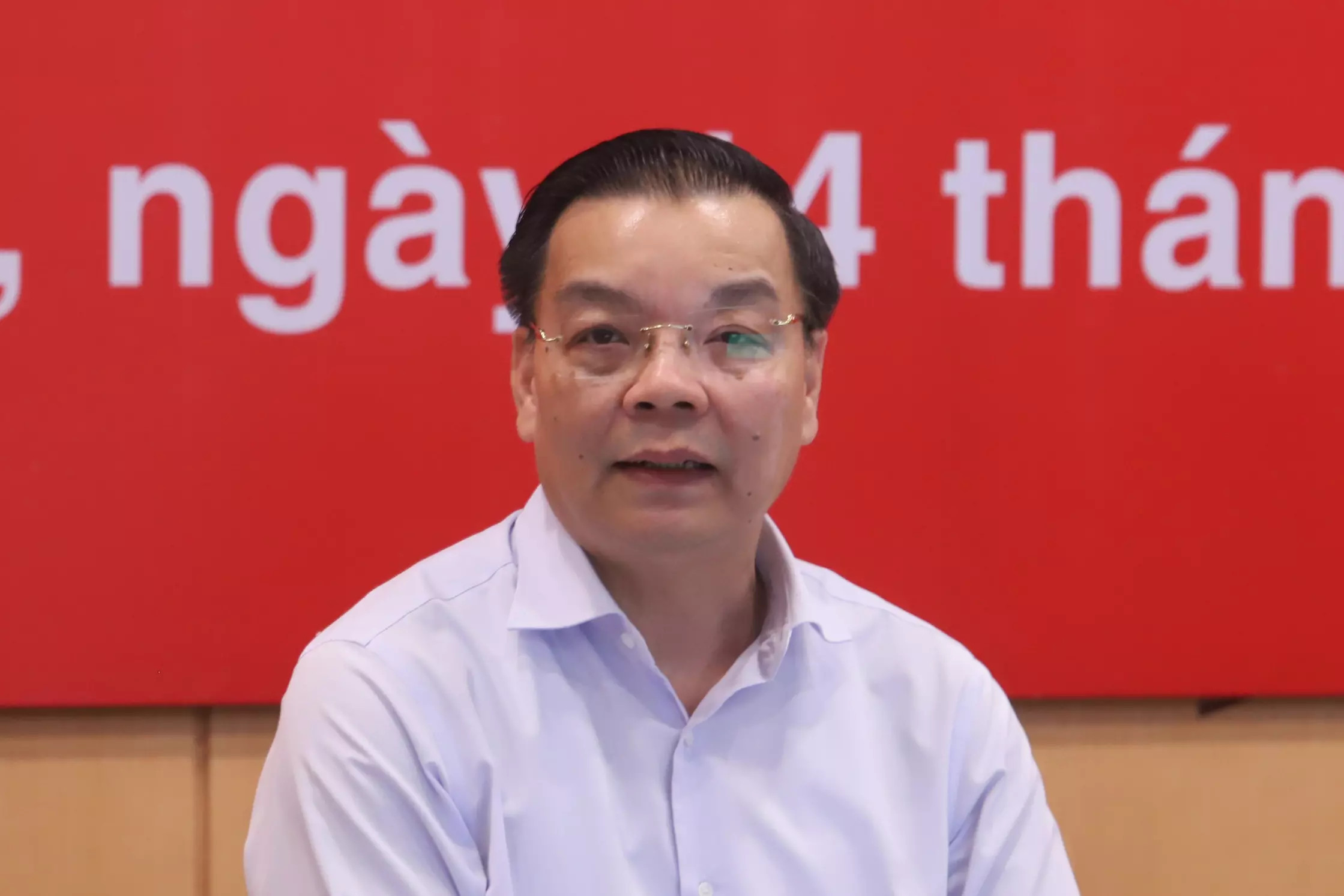
In Vietnam's current political power structure, members of the Central Committee of the Party, the institution that assumes the role of leading the country between the two congresses, are considered strategic roles. The 13th National Party Congress has elected 180 members of the Central Party Committee, and 22 of them have been appointed to the posts of ministers.
Compared to the central party committee members who hold the posts of provincial Party Committee committees or heads of the Party boards and National Assembly, the posts of ministers are the ‘hottest seats’ as they have to deal with daily life problems.
The requirements on qualifications and capability of strategic cadres were mentioned at the 4th plenum of the 12th Central Committee in October 2016. In August 2017, the Politburo issued Regulation No 90-QD/TW on "title standards and criteria for evaluating cadres under the management of the Central Committee, the Politburo and the Secretariat".
Strategic leadership
In May 2018, the seventh plenum of the 12th Central Committee issued Resolution No26 on building up a contingent of cadres at different levels, especially the strategic level, who have enough capability and prestige.
On January 2, 2020, the Politburo issued Regulation No214 on the framework standards for cadres and criteria to assess cadres under the management of the Party Committee, Politburo and Secretariat.
The document sets the criteria, standards and virtues that strategic cadres must have.
Strategic cadres must meet the requirements on political and ethical qualities, and have capability for leadership and macro management. Ministers must be those who have a firm grasp of the law, have professional qualifications, are knowledgeable about state management, and are capable of inter-sectoral coordination to run activities between ministries, branches, and between the central and local governments. They are the key force that lays down and implements policies. Ministers must also not be controlled by group interests.
Contrary to people’s expectations
The recent filing charges against Chu Ngoc Anh and Nguyen Thanh Long has recalled the prosecution of several ministers, including Dinh La Thang and Vu Huy Hoang, and over 110 high-ranking officials under central management in 2013-2020.
These are high-ranking cadres who have committed acts contrary to the Party's regulations and violated the law when performing official duties. The deviations from standards of some strategic leaders have caused damage to the Party and State, which is against people's expectations, so they are condemned by public opinion and disciplined as both party members and public officials.
At a conference on inspection and supervision of the 12th Party Congress tenure on November 27, 2020, Party Committee Secretary General Nguyen Phu Trong warned of the increased, complicated and more serious violations committed by party organizations and party members in the current period.
In Conclusion No 12-KL/TW, issued on April 6, on continuing to strengthen the Party's leadership in the fight against corruption and wrongdoings, the Politburo also pointed out that there are still serious, sophisticated violations.
On the one hand, the prosecution of top leaders at ministerial or local levels shows the Party's strong determination to eliminate corruption and wrongdoings. On the other hand, the cases also offer warnings about the huge challenges related to anti-corruption, when those who commit violations are the leaders of institutions.
When leaders deviate from standards, they cause serious political consequences.
First, the prosecution of high ranking officials may cause a personnel crisis in the short term and cause disturbances in sectors and industries.
Second, the political prestige of ministries and branches may be seriously affected, and the people’s confidence may erode.
Third, if the number of ministers and cadres at an equivalent level found committing wrongdoings increases, this may affect the prestige and leadership capability of the ruling Party.
Horizontal supervision
When ministers, the top leaders of a sector, deviate from standards, this means there are problems in the inspection and supervision at that party committees.
Clause 1, Article 30 of the Party's Charter, approved at the 11th National Party Congress, affirms that inspection and supervision are the leading functions of the Party. This means that inspection and supervision are indispensable activities to ensure the leadership role of the Party. The main purpose of inspection and supervision is to warn and prevent violations.
In order to make a breakthrough in the inspection and supervision in the Party which helps discover deviations, it is necessary to think of a horizontal monitoring mechanism.
Unlike vertical monitoring, which focuses on internal reactions at each level and each party organization unit, horizontal monitoring pays more attention to reactions coming from outside of each agency. It is advisable to establish inter-sectoral and inter-local supervision agencies, and use the power of the press.
Nguyen Van Dang